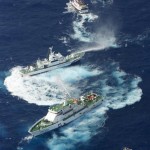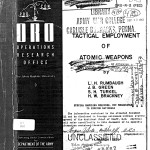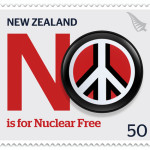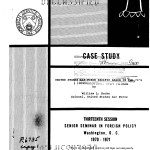
Liu Xuegang writes, “Experience with spent fuel management is limited in China. No authorized roadmap or clear decision on the back end of nuclear fuel cycle has yet been developed and approved. Thanks to the present relatively small quantity of spent fuel in storage at China’s nuclear plants, it appears that there will be no critical pressure on the development of spent fuel transportation, interim storage, large-scale reprocessing and final disposal infrastructure for a number of years. The difficulty and uncertainty of development of nuclear power and nuclear fuel cycle facilities, however, have been well-proved worldwide in the past. China’s strategy of spent fuel management policy should be determined soon, and should be based on a comprehensive and scientific planning process that allows consideration of all reasonable options, issues, and points of view.”
Xuegang Liu is a Doctor at the Nuclear Chemistry and Technology Division at the Institute of Nuclear and New Energy Technology, Tsinghua University, Beijing, P. R. China.






